How do we really get healthy?
Over the past year I have examined this question closely.
There was a time when I would have said getting healthy required eating well and exercising more.
But I no longer believe that's true.
Yes, eating well and exercising are import pieces of the health puzzle, but they are by no means the only parts.
Here is what I've come to hold true (and find effective) when it comes to getting healthy for good:
1. Understand the health is not just about looking good (or a number on the scale)
In my younger years, health and looking good appeared to be the same thing.
I'm sure many of you are aware how flawed this view is. One can look good and be unhealthy.
One can have an “acceptable” number on the scale and still have poor health.
Health is more about what you can do and how you feel than how you look.
Yes, a fit body is nice to have, but what about good digestion? What about disease?
These things are just as (if not more) important that the outside picture we present to the world.
2. Uncover food allergies and intolerances
No matter how hard you exercise or strive to eat well, if you are continuing to put something into your body that you are allergic to, you are not going to reach optimal health.
Food allergies and intolerances can be discovered via elimination diets, blood tests and stool samples.
The Whole 30 is a popular elimination diet that enables many people to discover which foods bother them. However, if you are dealing with something like leaky gut, you may need to go one step further, eliminating more foods (and following something like the autoimmune protocol) or try getting a blood test, such as the IgG ELISA which tests the immune system reaction to certain foods.
Keeping a food journal and recording what you eat and how you feel can be helpful. Just keep in mind that some reactions to foods may not show up for a few days.
3. Eat Real Food
Real food should be the basis of everyone's diet.
How that looks for each individual will be a little different. Especially taking into account any allergies or intolerances (as mentioned above).
But, real food is a great place to start.
Ditch processed, and go for real whenever possible.
4. Find exercise that works for you
I used to subscribe the the “go hard or go home” method of working out. However, my run in with chronic illness has completely shattered that ideal.
We all need to move. It's a fact.
But, we should remember to focus on mobility and building functional strength, not just fat-burning exercise.
It's important that we look at our bodies as the lifetime houses they are. We don't get new ones while here on earth. So treat them with care.
5. Baby Steps
Trying to change everything at once is not the best plan for most people. In fact, it's a recipe for disaster.
Instead, focus on building one or two habits at a time.
Make small changes you can actually stick with.
This is one reason I enjoyed 22 Days to a Fresh Start so much. It guides you through revamping your real food kitchen in small, manageable steps. (It's in the bundle.)
6. Build Habits
Health actually rests on a set of habits more than it does on willpower.
If you spend time cultivating new habits (via baby steps), you will eventually find yourself living a healthy life without so much effort.
Yes, it still requires thought and decision, but not as much. It's becomes a part of who you are and what you routinely do.
7. Check for underlying disease, illness, or hormone imbalance
That sounds like an intimidating step, and it can be. But, it's essential.
If you are suffering with hormones that are out of whack, burned out adrenal glands, or autoimmune disease, there's only so much you can do without further help and advice on your particular condition.
Check with your doctor or naturopath about getting tests.
8. Sleep
It's going to be very hard to get healthy without adequate sleep.
Sleep needs to be a priority. One that is planned for, honored, and enjoyed.
Get some sleep. It makes everything better!
9. Eliminate toxins from your life
Toxic people. Toxic chemicals. Toxic work environments.
They are all bad for your health.
Do what you can to minimize these toxins in your life.
10. Minimize Stress (and learn coping skills)
How many times have you said, “I'm stressed!”?
Too many to count, if you are like most people.
The world is a stressful place to live in.
But stress is more than an agitated feeling.
Stress is more than frustration, anxiety, and irritability due to excess demands on our time and energy, it also comes from our eating, sleeping, exercising, and thinking habits.
In her book, The Nourished Metabolism, Elizabeth Walling states:
“Stress hormones break down proteins from your muscles and bones, and over time your lean body tissues deteriorate. They also deny energy to lesser systems in the body–the kind that aren’t important when you’re trying to outrun a lion–like digestion and mood health. That’s why poor digestion and low moods are some of the earliest symptoms of chronically high stress hormones.”
In order to be healthy, we must learn to deal with stress and strive to nourish ourselves (mind, body, and soul).
What would you add to this list?

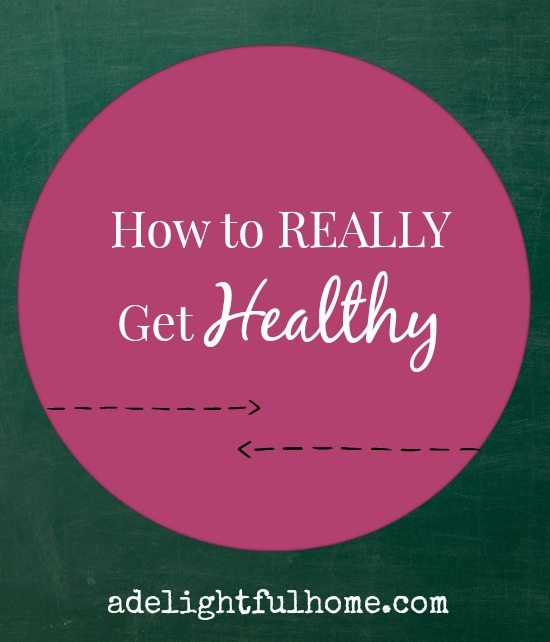
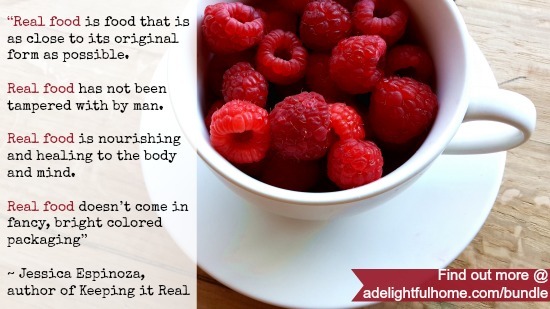
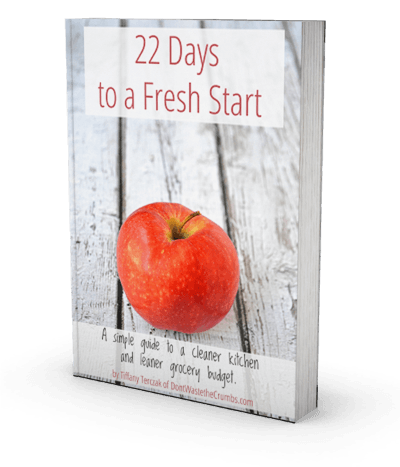
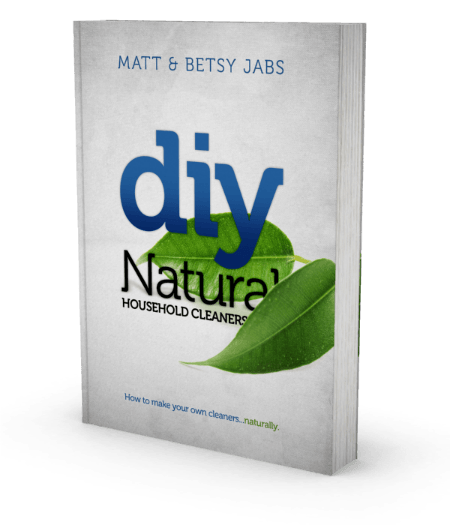




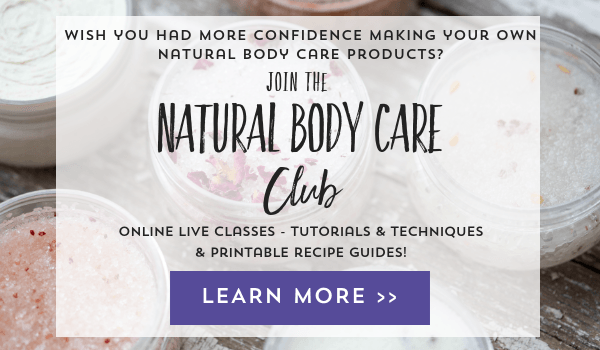
 Simple Things Sunday: Peace
Simple Things Sunday: Peace
Leave a Reply